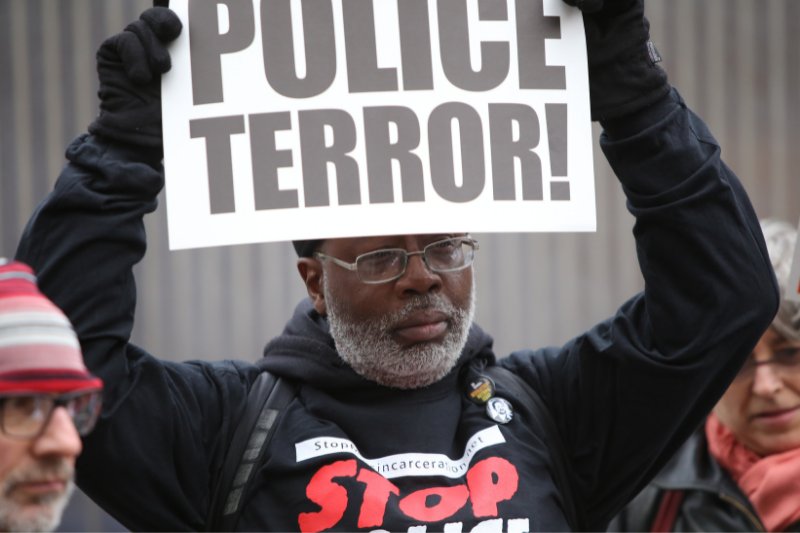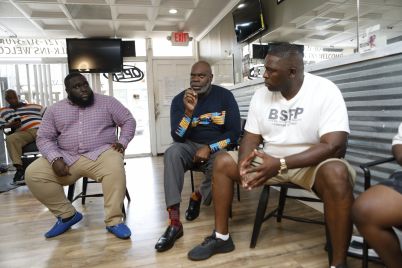Transformative justice is a political framework and approach for responding to violence, harm, and abuse. At its most basic, it seeks to respond to violence without creating more violence and engaging in harm reduction to lessen the violence.
BY JESSIKA WARD, Dream Defenders Press Secretary
George Floyd was murdered by Derek Chauvin, a Minneapolis police officer, after paying for cigarettes with a counterfeit $20 bill at Cup Foods, a store in the Minneapolis area. A clerk at the store told his manager about the counterfeit money and the manager confronted Floyd, who refused to return to the store to pay for his items. It was at this time that the police were called.
This incident and many other police-involved situations that end in death or police brutality are reasons why people and communities of color do not trust the police nor want to call them in times of need. According to a poll conducted by PBS, in the days following George Floyd’s murder, nearly half of all Black Americans had very little or no confidence that police officers in their community treat people of color fairly.
Marginalized people do not generally trust law enforcement. The number of police-involved killings of Black and Brown people videotaped and gained national attention has exacerbated the matter.
Police are supposed to protect and serve the communities they patrol. Every day citizens should be able to dial 9-1-1 for help with confidence that they will be safe. Many people of color fear dialing the number in situations involving their spouses, mentally ill family members, neighbors, friends, and children.
So many people experiencing violence or other emergencies don’t want to call the police — or, in some cases, understand that they should not — but have no idea what to do instead. Now, citizens are taking things into their own hands through a process called transformative justice (TJ).
TJ is a political framework and approach that responds to violence, harm, and abuse without creating more violence, harm, and abuse. People use this tool to avoid the violence of prisons, jails, and the police.
For example, the TJ approach would be helpful to undocumented immigrant women in domestic violence relationships, disabled people who are being abused by their caretakers and attendants, sex workers who experience sexual assault or abuse, or poor children and youth of color who are surviving child sexual abuse.
TJ is a process where all individuals affected by injustice are allowed to address and repair the harm. Those affected consider and recount how an act has affected them and what can be done to repair the damage.
The perpetrator is then held accountable to the individual by way of restitution. In cases involving sexual violence, TJ may prove particularly healing. So often, the criminal justice system re-traumatizes the victim if the act is even reported and does not provide them the remedy they seek.
Alternatives to the criminal justice system can sound scary in the context of sexual violence, but there is a long lineage of BIPOC (Black, Indigenous, and People of Color) folks practicing alternative systems of accountability and community safety in cases of sexual violence. Some of the key components of TJ are healing, collective action, and recognizing cultural differences.
For folks looking to practice transformative justice, seek organizations like Dream Defenders, the Audre Lorde Project, Vision Change Win Consulting, Project Nia, Just Practice Collaborative, and more.
 Jessika Ward is a journalist and the press secretary for the Dream Defenders, a youth-led organization that organizes Black and Brown youth to build power in Florida communities to advance a new vision the Dream Defenders have for the state.
Jessika Ward is a journalist and the press secretary for the Dream Defenders, a youth-led organization that organizes Black and Brown youth to build power in Florida communities to advance a new vision the Dream Defenders have for the state.












